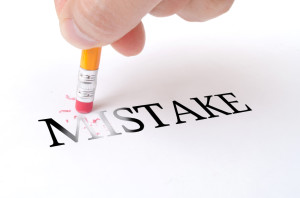Dear Liz: My brother passed away at age 47. My mother was named beneficiary of his retirement account. We opened an inherited IRA under her name. Sadly, my mother recently passed away, and my father is the beneficiary of the account. Does my father open a regular IRA or inherited IRA? How would the title on the account be listed with my mother and brother deceased? Are they both listed?
Answer: Inheriting an inherited IRA complicates an already complex set of rules.
The regulations are different depending on whether the person inheriting is a spouse. Spouses can treat the inherited account as their own. They can leave the money where it is, make new contributions or transfer the funds to another retirement account they own. They also have more flexibility in how to take required minimum distributions from the account.
Non-spouse beneficiaries, like your mother, don’t have the option of treating the IRA as their own. They must set up a new inherited IRA and start distributions. Until this year, non-spouse beneficiaries could take distributions over their lifetimes. Now non-spouse beneficiaries are required to drain their inherited IRAs within 10 years.
How the account is titled is important, because improper titling can cause it to lose tax deferral and accelerate the tax bill. Let’s say your brother’s name was Tom Johnson and he died in March 2019, leaving his IRA to your mother, Mabel Johnson. A correct title for the new inherited IRA would be “Tom Johnson (deceased March 2019) Inherited IRA for the benefit of Mabel Johnson.”
Your family’s situation creates a hybrid of the two situations. Your dad would have an inherited spousal IRA, but his mandatory withdrawals would be based on your mother’s required minimum distributions, said Mark Luscombe, principal analyst for Wolters Kluwer Tax & Accounting.
Your dad should open a new inherited IRA, Luscombe says. Assuming his name is Bill Johnson, the title of the inherited IRA should be “Tom Johnson (deceased March 2019) Inherited IRA for the benefit of Bill Johnson, successor beneficiary of Mabel Johnson.”
 Today’s top story: Hard-won tips from borrowers who got student loan forgiveness. Also in the news: Steering your upside-down car loan back to safety, FAFSA mistakes that can negatively affect your financial aid, and what to do first with an inheritance.
Today’s top story: Hard-won tips from borrowers who got student loan forgiveness. Also in the news: Steering your upside-down car loan back to safety, FAFSA mistakes that can negatively affect your financial aid, and what to do first with an inheritance.